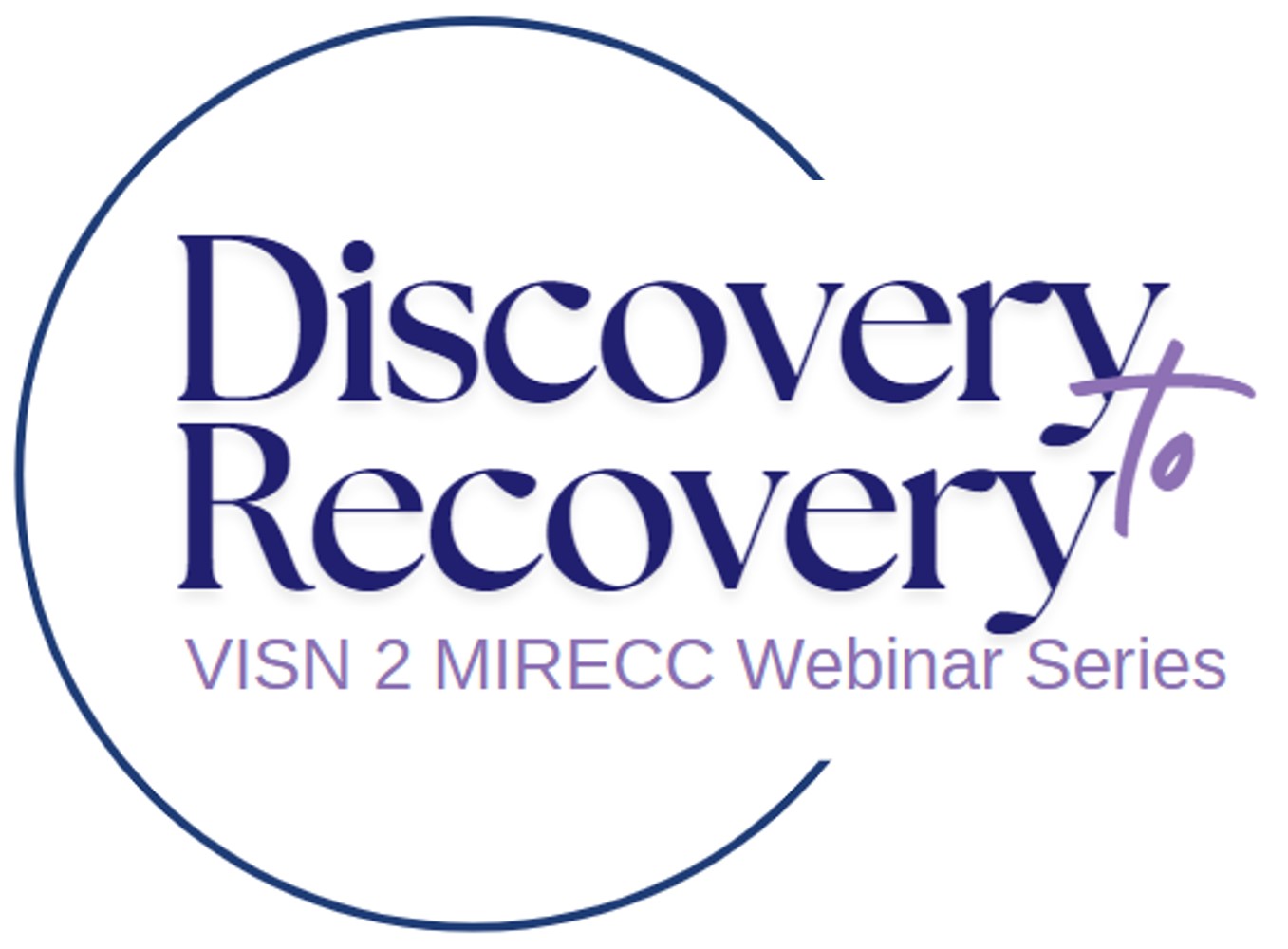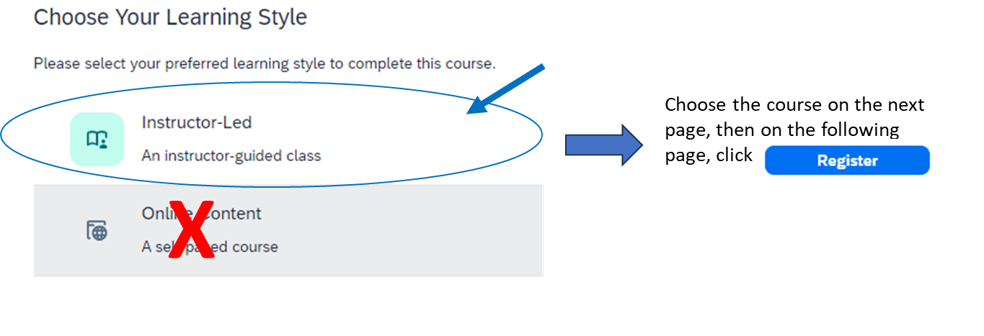Webinars

August 13, 2025 at 12-1PM EST
Acceptance and Commitment Therapy for Psychosis
with Dr. Chi Chan
Purpose Statement:Psychosis can deeply affect an individual’s identity, relationships, and life path. Traditional mental health approaches often focus on symptoms; however, recovery goes beyond that and involves helping individuals return to functioning and have lives that are meaningful and satisfying, even while ongoing difficulties persist. Acceptance and commitment therapy (ACT) is an evidence-based approach that emphasizes helping individuals identify their values in life and take action toward what is most important to them. ACT for psychosis offers alternative ways for patients to have relationships with their internal experiences and symptoms, to reduce unnecessary suffering and barriers to actions toward their valued goals.
This live virtual knowledge-based presentation will provide an introduction to applying ACT to psychosis. Providers will learn the core processes of ACT and how it is applied to conceptualizing psychosis and helping individuals with psychosis recover.
Outcome/Objectives:
At the conclusion of this educational program, learners will be able to:
1. describe the general ACT stance and how it differs from traditional cognitive behavioral approaches;
2. explain how ACT conceptualizes psychotic symptoms;
3. list the six core processes of ACT and how they may be relevant for individuals experiencing psychosis;
4. describe special considerations for delivering ACT to patients with psychosis; and
5. identify resources for learning more about applying ACT to psychosis.
Program Description:
The VISN 2 Mental Illness Research, Education and Clinical Centers (MIRECC) pursues a discovery-to-recovery approach to determine the causes, identify predictors, and develop treatments for individuals with SMI, with emphasis on psychosis and on suicide. The topics for this series consist of innovative treatments that we have created/tested and insights from research that have helped to inform clinical care.
Target Audience:
Physicians, Psychologists, Social Workers, Nurses, Counselors, and Therapists
Accreditations (1 CE): ACCME, ACCME-NP, APA, ASWB, JA IPCE, NBCC, NYSED SW, NYSED Psychology
Registration:
VA Attendees (TMS #131014493)
Non-VA Attendees (TRAIN #1130917)
PRESENTER:

Chi Chan, PhD is the Director of Education, Director of the Advanced Fellowship in Mental Illness Research and Treatment at the VISN 2 MIRECC and Assistant Professor of Psychiatry at the Icahn School of Medicine at Mount Sinai. She is a New York State licensed psychologist. Dr. Chan received her PhD in Clinical Psychology from the University of Central Florida, completed her doctoral internship at UCLA Semel Institute for Neuroscience and Human Behavior, and completed her postdoctoral fellowship at the VISN 2 MIRECC.
Dr. Chan's research focuses on understanding the neuro-, social-, and meta-cognitive processes and corresponding neural mechanisms that are associated with severe mental illness, particularly psychotic spectrum disorders. She is interested in the implications of these cognitive processes on clinical symptoms and everyday functioning. Dr. Chan uses behavioral, neuropsychological, and neuroimaging methods to better understand brain-behavior relationships that can inform evidence-based treatments for severe mental illness. Dr. Chan also has interest in well-being among constituents of academic institutions; she serves as the Mental Health Advisor for the Office of Well-Being and Resilience at the Icahn School of Medicine at Mount Sinai.
Additional Information for TMS Registration:

Questions?
Non-VA employees, please contact the VHA TRAIN Help Desk by email at VHATRAIN@va.gov.
VA employees, please contact Ainelda Alfred at ainelda.alfred@va.gov.



















